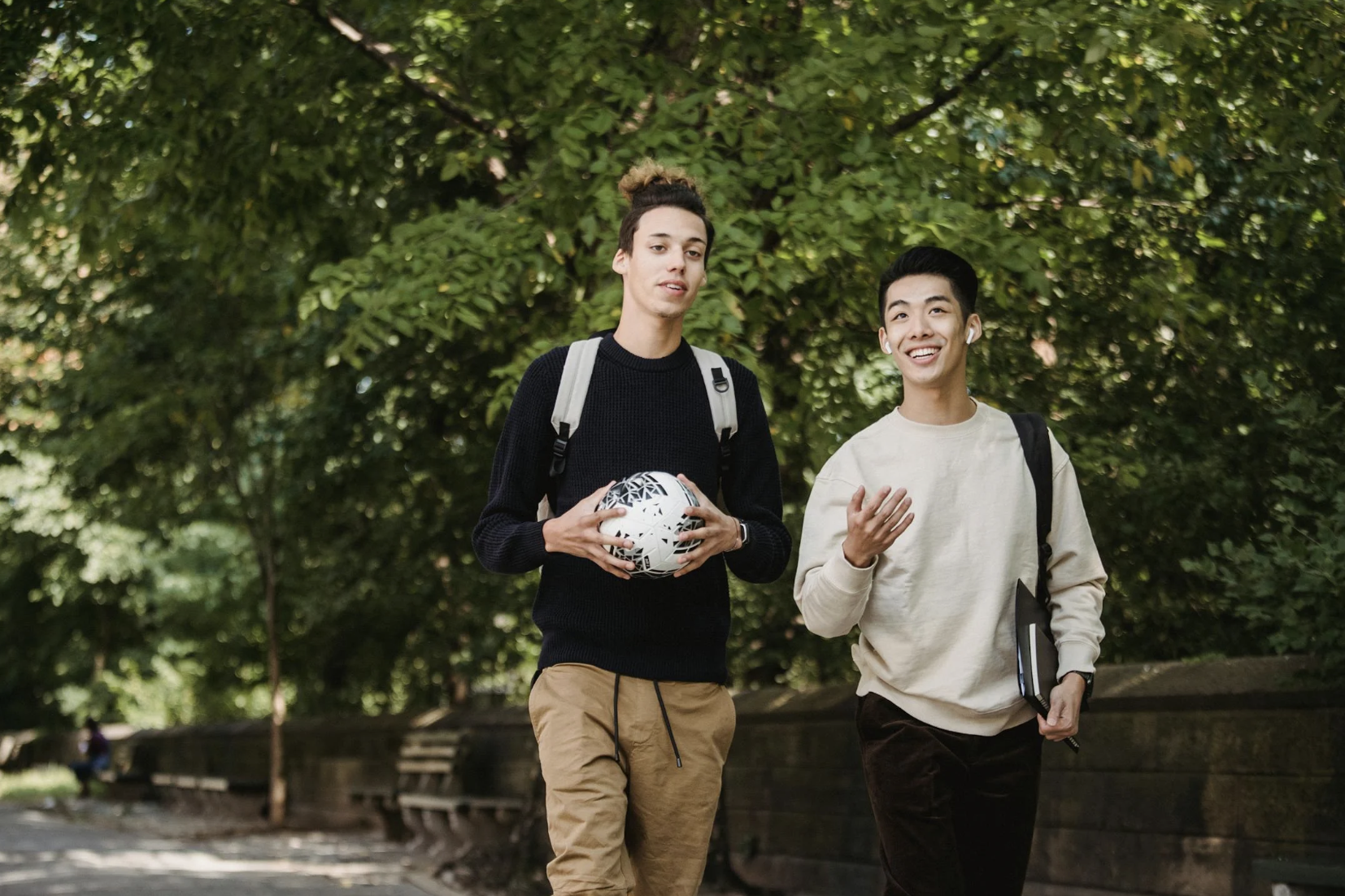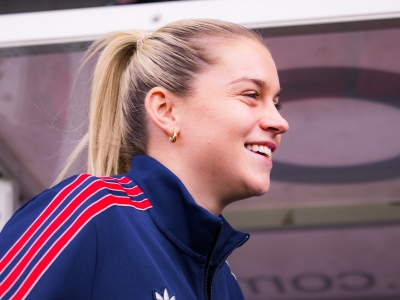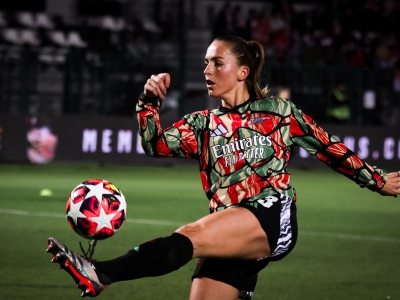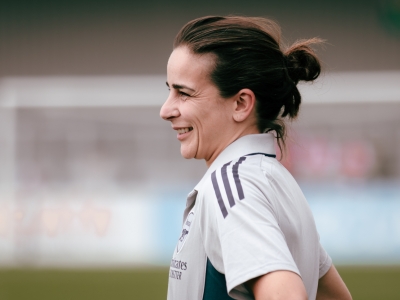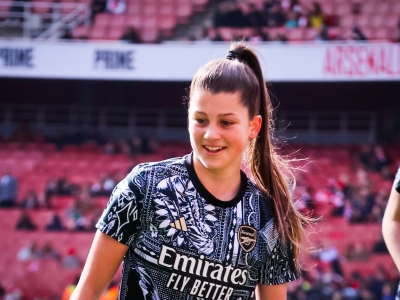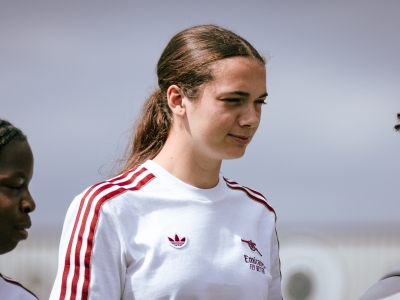Choosing to study sports at university is a smart step if you’re serious about football. These programs go beyond playing the game. They shape students into future professionals—on and off the field. From physical training to media skills, sports courses cover it all.
So how do they help you land a football-related job? Let’s break it down.
Learning From Real-World Experience
Football isn’t just about scoring goals. There’s strategy, planning, and teamwork behind every match. University courses help students understand this wider picture. Professors often bring years of coaching or playing experience.
Many programs also include internships. These placements are often with local clubs or school teams. You get hands-on learning while working with real coaches and athletes. It's like being thrown in the deep end—but with guidance.
That practical part is key. Watching matches on TV can only take you so far. When you’re standing on a muddy pitch in the cold, helping manage a team, that’s when learning sticks.
Courses That Focus on the Science of Football
Behind every successful player is science. Sports courses teach you how the body works during exercise. You’ll explore topics like strength, recovery, and injury prevention.
Knowing how muscles respond to stress helps coaches protect their players. Understanding hydration or sleep science can keep a team performing well.
Some programs include labs where students test fitness levels. Others use video tools to analyze player movement. These skills are valuable for fitness trainers, analysts, and support staff.
Even tactics come into play. You’ll study formations, game phases, and decision-making. By the time you finish, you’ll know football inside and out.
How University Fuels Football Ambitions
Pursuing a football career while studying at university can be demanding. Students juggle daily training, team responsibilities, and academic expectations. Staying focused takes more than motivation—it takes strategy. Between early workouts and late-night study sessions, time runs short. That’s when many students turn to academic help. Some choose to pay for homework through EduBirdie to ease the pressure. Students often use https://ca.edubirdie.com/pay-for-homework in the middle of a hectic week that can make a real difference. It gives room to focus on recovery and game preparation without losing track of assignments. Reliable support like this keeps them from falling behind in class. The energy saved by avoiding late-night writing can go straight into improving performance on the field. Building a career in football starts with smart habits, and knowing when to ask for help is one of them. EduBirdie offers academic help that fits around a busy training schedule. Many students say their confidence rises when stress drops. They get better sleep, stay organized, and show up stronger at practice. University life tests your limits, but the right choices make the load easier to carry. Every smart move counts when you’re chasing a dream—and football success needs both skill and strategy.
Career Paths Beyond Playing
Not everyone becomes a pro footballer. But there are many other ways to stay involved in the sport. Sports courses can prepare you for a range of roles.
Here are a few examples:
Coach or Assistant Coach – Train youth or adult teams, run drills, and manage game plans.Sports Analyst – Break down match data, study performance, and help with strategy.Fitness Coach – Work on conditioning, recovery plans, and long-term health of athletes.Scout – Identify talent for clubs or academies using evaluation methods learned in class.Sports Psychologist – Help players stay mentally strong and focused under pressure.Team Manager – Oversee operations, gear, and scheduling for teams.Physical Therapist – Assist injured athletes in recovery and rehab routines.
The list goes on. With a solid education, you can land roles at local clubs, schools, or even international teams.
Building a Network That Opens Doors
One of the best parts of studying sports is the people you meet. Coaches, professors, guest speakers, and teammates all bring something different.
You might get to attend industry events. Some universities arrange conferences where professionals share their journeys. This can lead to mentorship or even job offers.
In football, who you know often matters as much as what you know. A conversation with the right person at the right time can change everything.
Classmates may also become future colleagues. That person you trained with could one day manage a team and call you in as a coach.
Football is a team game, and building your future in it is no different. Sports courses give you the knowledge, confidence, and connections to take that step forward. Whether you dream of coaching, analyzing, or working behind the scenes, your university experience plays a big part. With the right mix of theory and practice, you’ll be ready for the next level.

